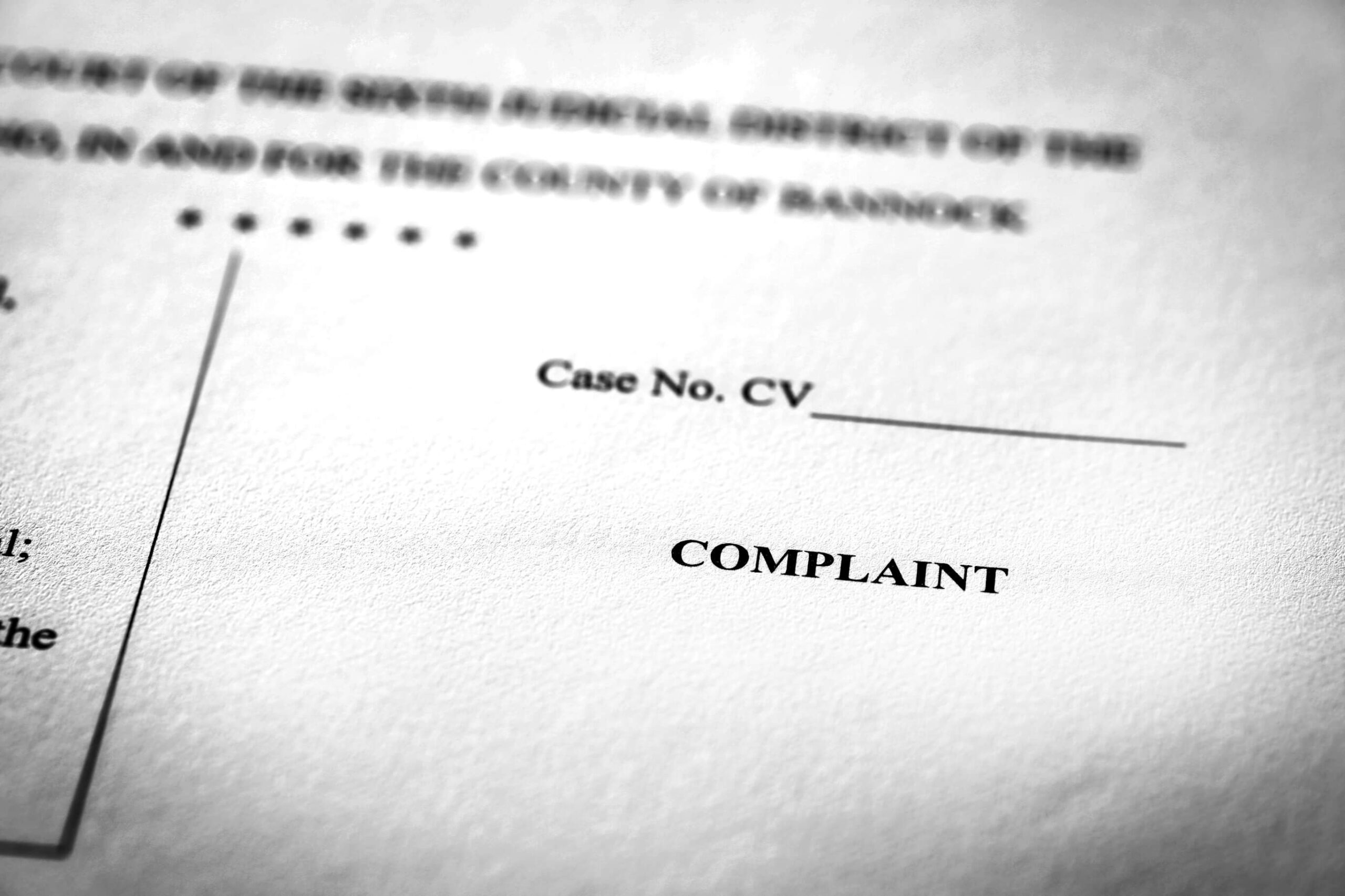How to Pursue Treble Damages in Your Personal Injury Lawsuit
Treble damages are not just a myth from dramatic courtroom dramas. They are a potent aspect of personal injury law that can triple the compensation awarded to victims.
Imagine securing a judgment that serves as a stern warning against gross negligence. Pursuing treble damages can turn your personal injury lawsuit into a powerful statement for justice.
Consulting with a seasoned personal injury attorney is the first step. Take action today by exploring your eligibility criteria and preparing for the journey ahead.
What Are Treble Damages?
Treble damages penalize the defendant for heinous behavior. These damages triple the actual or compensatory damages to punish and deter misconduct. The basis for awarding them depends on statute and case law, which can vary by jurisdiction. Generally, they only happen when you prove willful misconduct, fraud, or other severe actions.
Securing treble damages requires the defendant’s actions to extend beyond mere negligence. They must have demonstrated willful, malicious, or fraudulent intent. Examples include a manufacturer knowingly selling a hazardous product or a landlord disregarding safety regulations.
The possibility of treble damages significantly impacts personal injury lawsuits. This potential influences legal strategies, settlement negotiations, and public perception.
Eligibility for Treble Damages
Pursuing treble damages requires a clear understanding of the specific conditions that justify them. Courts reserve them for willful and malicious conduct, not just negligence. As a result, the defendant’s actions must demonstrate either malicious intent or reckless indifference.
Another condition involves fraud or deception, where deliberate misrepresentations cause injury. This circumstance could occur due to misleading product labels or false advertising. The law seeks to harshly penalize these practices, considering them severe enough to warrant additional compensation.
Statutory violations also offer a direct route. Some laws specifically detail the eligibility for treble damages as a punitive measure. For example, consumer protection laws may allow them to respond to personal injuries. These statutes provide a foundation for pursuing treble damages and reinforce the court’s role in protecting public safety.
The Process of Pursuing Treble Damages
Securing treble damages in a personal injury lawsuit starts with consulting a lawyer. This initial meeting is essential for assessing your case against the strict criteria. A personal injury attorney can deliver crucial insights, evaluate the evidence, and suggest the most suitable legal strategies.
Gathering and presenting strong evidence is critical. This step requires detailed documentation of the malicious intent or gross negligence. Necessary evidence could include communications that prove intent, records of past misconduct, or expert testimony.
Navigating the legal proceedings is the next major challenge. Filing a lawsuit that seeks treble damages demands a thorough understanding of the legal framework. Your legal team must prepare a compelling argument that details your injury and the resulting damages.
The negotiation phase often shifts the dynamics significantly. The risk of paying three times the actual damages can make defendants more open to settling.
The case may go to trial if negotiations do not result in a satisfactory settlement. The legal arguments must be compelling and stick to legal standards. The objective is to establish the extent of the injuries and the defendant’s liability. However, your personal injury attorney must also be persuasive in advocating for treble damages.
Potential Challenges and Considerations
Arguably, the most substantial obstacle is proving malicious intent or gross negligence. The legal standards go beyond showing neglect. They require solid evidence that the defendant willfully disregarded the safety and well-being of others.
Unlike typical personal injury claims that rely on probabilities, treble damages require clear and convincing proof. This stringent standard necessitates evidence establishing culpability and the blatant nature of certain actions.
You may also experience higher legal costs and longer litigation times. The complexity requires a more intensive discovery, expert testimonies, and extended court proceedings. These factors can significantly increase both financial and emotional costs.
Jurisdictional differences add potential issues to seeking treble damages. The eligibility criteria and applicable cases can vary widely. This variability demands a thorough knowledge of local laws and precedents.
Taking the Next Steps
The pursuit of treble damages represents a significant yet challenging legal avenue. This approach has strict requirements and higher proof standards that can impact the results. Given the complexities and differences in legal benchmarks, the expertise of a seasoned attorney is crucial.
Our representatives are available 24/7 to find a personal injury lawyer in your area. Call (866) 345-6784 or fill out this easy online form to take the first steps forward today.

